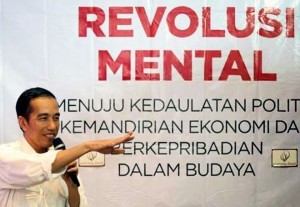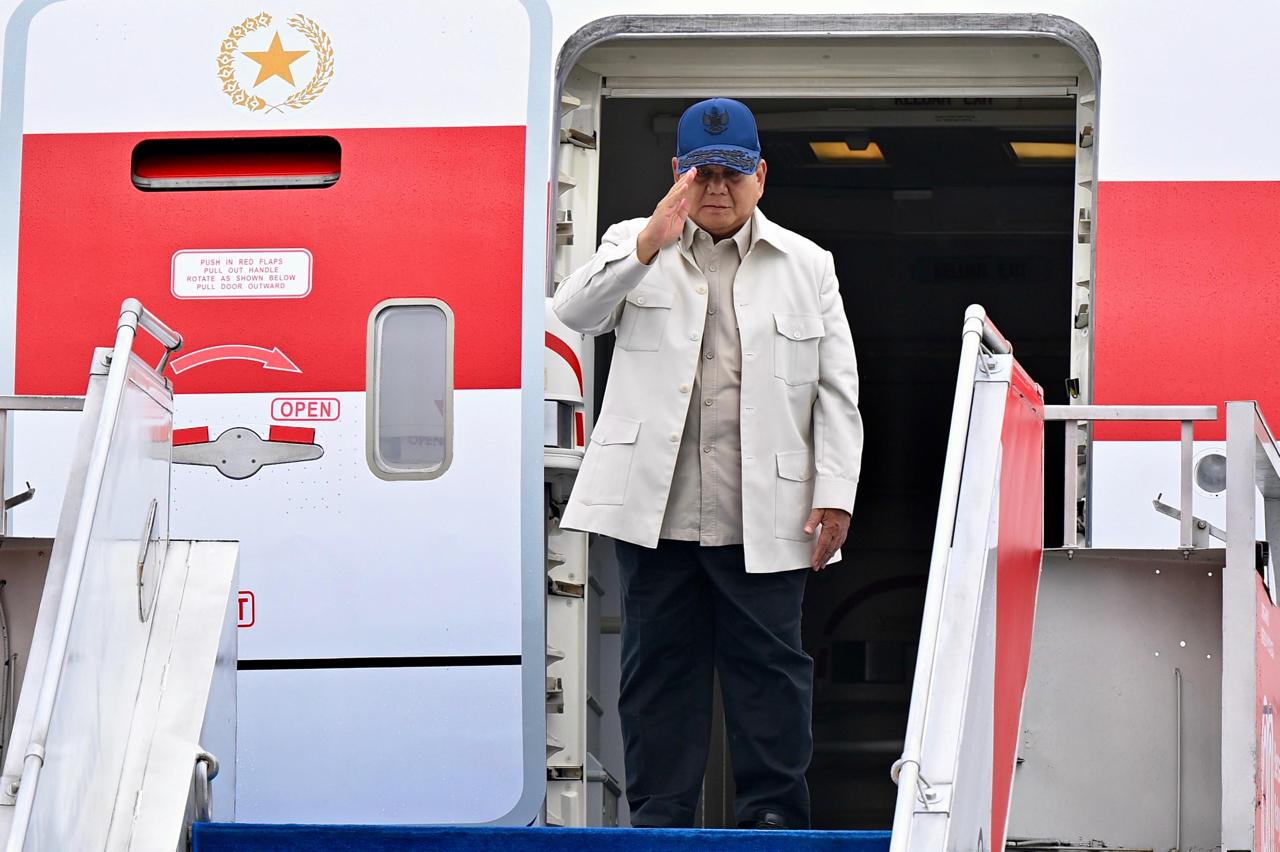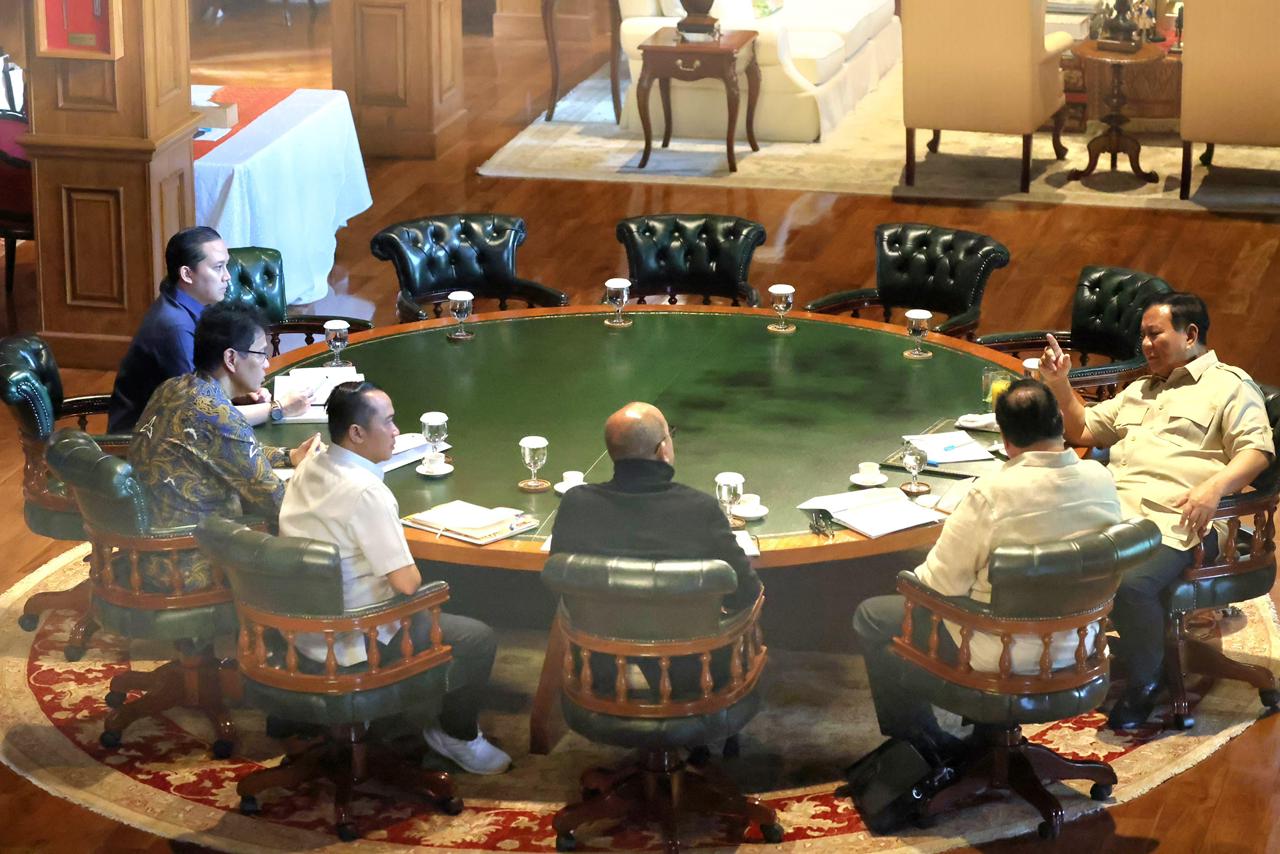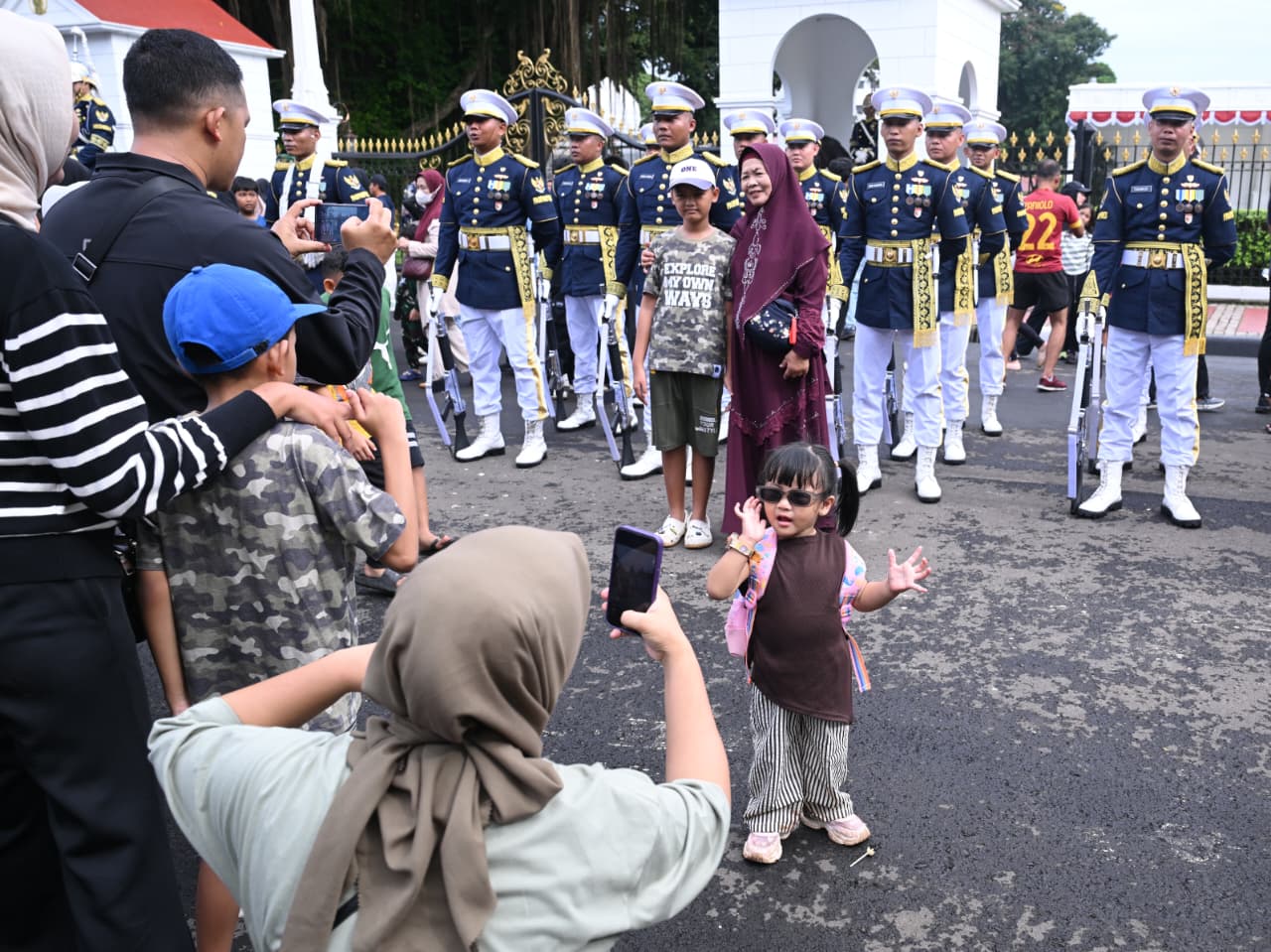President Jokowi Signs Instruction on National Movement of Mental Revolution
 In order to improve and build the nations character by implementing Mental Revolution referring to the values ??of integrity, work ethic, and gotong royong (mutual cooperation) to build a dignified, modern, advanced, and prosperous nation’s culture based on Pancasila (Five Principles), President Joko Jokowi Widodo on December 6, 2016 has issued a Presidential Instruction (Inpres) No. 12 of 2016 on National Movement of Mental Revolution.
In order to improve and build the nations character by implementing Mental Revolution referring to the values ??of integrity, work ethic, and gotong royong (mutual cooperation) to build a dignified, modern, advanced, and prosperous nation’s culture based on Pancasila (Five Principles), President Joko Jokowi Widodo on December 6, 2016 has issued a Presidential Instruction (Inpres) No. 12 of 2016 on National Movement of Mental Revolution.
The instruction is addressed to: 1. All Working Cabinet Ministers; 2. Cabinet Secretary; 3. Attorney General of the Republic of Indonesia; 4. the Indonesian National Defence Forces (TNI) Commander; 5. the Indonesian National Police (Polri) Chief; 6. Heads of Non-Ministerial Government Institution; 7. Heads of Secretariat of State Institutions; 8. Governors; and 9. Regents/Mayors.
Under the instruction, the President instructed all officials to take the necessary measures in accordace with their respective tasks, functions, and authorities to implement the National Movement of Mental Revolution.
Five programs of the National Movement of Mental Revolution serve as a guidance to take the measures as intended. They are:
I. Indonesia Serving Movement Program, which focused on: a. increasing the capacity of Human Resources of State Civil Apparatus (ASN); b. improved enforcement of discipline of Government Apparatus and Law Enforcer; c. improvement of service standards and innovative service system (e-government); d. improvement of performance-based management system of the ASN; e. improvement of public service conduct which is prompt, transparent, accountable, and responsive; f. improvement of laws and regulations (deregulation); g. simplification of bureaucratic services; h. increased provision of facilities and infrastructures that support public services; i. improved enforcement of laws and regulations in public services; and j. Implementation of system of rewards and sanctions along with leaders exemplary.
II. Indonesia Clean Movement Program, which focused on: a. improved hygienic behavior and healthy family environment, educational units, work units, and community; b. improved synergies provision of facilities and infrastructures that support a clean and healthy life behavior; c. development of a holistic and integrated waste management system, including clean river, public service facilities and infrastructures; d. deregulation; e. provision of access for the corporate/private sector/institution dealing with waste management; f. prioritizing community participation in supporting clean and healthy behaviors; and g. enhanced law enforcement in the field of hygiene and environmental health.
III. Indonesia Order Movement Program, which focused on: a. enhanced order conduct in the use of public space; b. improved order conduct concerning complaint management; c. improved population administration order conduct; d. enhanced traffic order conduct; e. enhanced queuing conduct; f. improved synergies on the provision of facilities and infrastructure of supporting conduct; g. enhanced law enforcement of order conduct; and h. foster family environment, educational units, work units, and community-friendly and free of violence.
IV. Indonesia Self-Sufficient Movement Program, which focused on: a. improved conduct that supports the achievement of national self-sufficiency in various sectors of life; b. improved conduct that supports the achievement of entrepreneurship growth and creative economy; c. enhanced role of cooperatives and Micro, Small, and Medium Enterprises (UMKM) to the national economy; d. enhanced art appreciation, creativity of cultural works and cultural heritage; e. improved conduct that supports the achievement of economic equality and the potential development of underdeveloped regions; f. improved conduct that supports the use of product and at the maximum domestic component; g. improved capacity and competence of the workforce; h. increased research and development in the field of economic, food, and energy; i. increased synergies on the provision of facilities and infrastructures that support self-reliance in the field of economy, food, and energy; j. increased use of the results of home research and technological development; k. provision of access for individuals or companies in the country to register and maintain intellectual property rights; l. improved internalization of the values ??of fair competition; m. enhanced recognition and support to the work or achievements of the nation; n. deregulation; and o. enhanced law enforcement against infringement of intellectual property rights and unsound business behavior.
V. Indonesia United Movement Program, which focused on: a. improved conduct that supports the life of democracy based on Pancasila; b. improved tolerant conduct and harmony among religious followers; c. improved conduct that supports awareness of nationalism, patriotism, and social solidarity; d. improved policies that support the unity and integrity of the nation; e. improved conduct that provide recognition and protection of minorities, marginalized and special needs; f. increased support for the initiative and role in development; g. improved conduct on cooperation among institutions, components of society and across sectors; h. enhanced law enforcement against violators disrupting the unity of the nation; i. provide education that teaches diversity, tolerance, and manners; and j. increased role of religious institutions, families, and public media in fostering values ??of manners, tolerance, and harmony.
Under the Instruction, Minister of State Apparatus Empowerment and Bureaucratic Reform (PANRB) is in charge of coordinating the Indonesia Serving Movement Program and the realization of conduct of the ASN Human Resources who are serving.
Coordinating Minister for Maritime Affairs is in charge of coordinating Indonesia Clean Movement Program and the realization of conduct of clean Indonesian people.
Coordinating Minister for Political, Legal, and Security Affairs is in charge of coordinating the Indonesia Order Movement Program and the realization of conduct of order Indonesian people.
Coordinating Minister for the Economy is in charge of coordinating the Indonesia Self-Sufficient Movement Program and the realization of conduct of self-reliant Indonesian people.
Minister of Home Affairs is in charge of coordinating the Indonesia United Movement Program and the realization of conduct of united Indonesian people.
“Coordinator of each program as intended submits the results of the implementation of the National Movement of Mental Revolution program to the Coordinating Minister for Human Development and Culture at least once in four months or at any time if necessary,” the fourth dictum of the Instruction states.
All costs and expenses required to carry out the Instruction are charged to the State Budget, Provincial Budget, and other sources which are legitimate and not binding in which the implementation is in accordance with the provisions of laws and regulations.
“The Presidential Instruction shall apply as of the date of its enactment,” the eighth dictum of the Presidential Instruction No. 12 of 2016 states. (Media Centre/ES) (MUR/YM/Naster).








